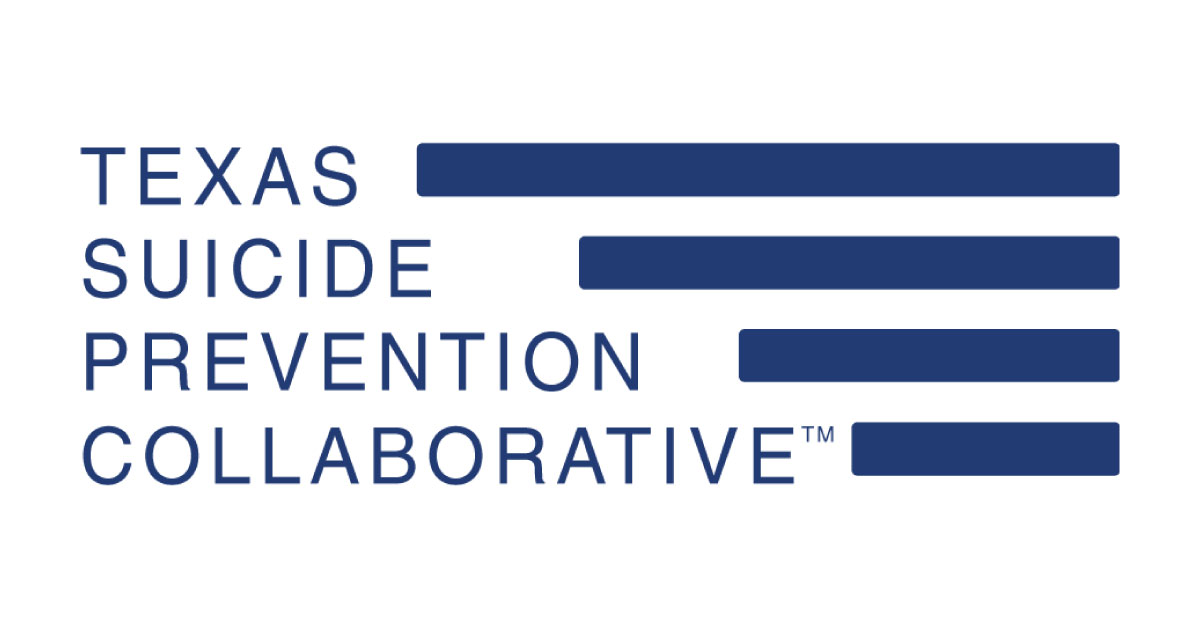TTUHSC and the Texas Suicide Prevention Collaborative to Present Summit
 According to the Centers for Disease Control and Prevention Suicide is the second
leading cause of death for people ages 12 to 24, with incidents increasing 52% between
2000 and 2021. The National Institutes of Health also stated that among young adults,
more than 40% of those aged 18 to 25 with mental illnesses do not have access to mental
health care.
According to the Centers for Disease Control and Prevention Suicide is the second
leading cause of death for people ages 12 to 24, with incidents increasing 52% between
2000 and 2021. The National Institutes of Health also stated that among young adults,
more than 40% of those aged 18 to 25 with mental illnesses do not have access to mental
health care.
To help address these issues, the Texas Tech University Health Sciences Center (TTUHSC) will collaborate with the Texas Suicide Prevention Collaborative to present the Texas Higher Education Suicide Prevention Spring Summit 8 a.m. to noon May 14. The free event will be virtual.
“The goal of this summit is for college campus administrators from across Texas to develop relationships to help navigate implementing mental health services and other supports for students experiencing mental health challenges during their college careers,” Nancy Treviño, Ph.D., TTUHSC Department of Psychiatry and director of the Texas Tech Mental Health Initiative, said.
Presentations will include:
- “Eight Dimensions of Wellness,” Logan Winkleman, Ph.D., TTUHSC School of Health Professions director of Clinical Mental Health Counseling
- “Higher Education Policy/Panel Discussion,” Hannah Vasquez, Texas Suicide Prevention Collaborative Policy Fellow; Alan Korinek, Ph.D., and Kristie Collins from Program of Assistance for Students and Employee Assistance Program
- “Intervention Approaches in Higher Education,” David B. Goldston, Ph.D., child and family psychologist, professor of Psychiatry and Behavioral Health Services and professor of Psychology and Neuroscience at Duke Health
“Although they are not the target audience, college students and parents also may attend the summit,” Treviño said. “Our hope is this summit will provide a better understanding of policies and resources college campuses are required to offer.”
Co-chairs for the event are Treviño and Terri McBryde, higher education lead for the Texas Suicide Prevention Collaborative.
The event is sponsored by the Texas Suicide Prevention Collaborative, Texas Health & Human Services Commission Gulf Coast Center, and the Substance Abuse and Mental Health Services Administration Resilient Youth, Safer Environment Grant.
To register, visit the registration webpage.
Related Stories
TTUHSC Receives $1 Million Gift from Amarillo National Bank to Expand and Enhance Pediatric Care in the Panhandle
TTUHSC School of Medicine leaders accepted a $1 million philanthropic gift from Amarillo National Bank on Tuesday (Feb. 10), marking a transformational investment in pediatric care for the Texas Panhandle.
Texas Tech University Health Sciences Center Permian Basin Announces Pediatric Residency Program Gift
TTUHSC Permian Basin, along with the Permian Strategic Partnership and the Scharbauer Foundation, Feb. 5 announced a gift that will fund a new pediatric residency.
The Ph.D. Programs that Shape Health Care
The Graduate School of Biomedical Sciences Ph.D. programs at TTUHSC provide the foundation, mentorship and research opportunities you need to pursue groundbreaking work.
Recent Stories
The John Wayne Cancer Foundation Surgical Oncology Fellowship Program at Texas Tech University Health Sciences Center Announced
TTUHSC is collaborating with the John Wayne Cancer Foundation and has established the Big Cure Endowment, which supports the university’s efforts to reduce cancer incidence and increase survivability of people in rural and underserved areas.
TTUHSC Receives $1 Million Gift from Amarillo National Bank to Expand and Enhance Pediatric Care in the Panhandle
TTUHSC School of Medicine leaders accepted a $1 million philanthropic gift from Amarillo National Bank on Tuesday (Feb. 10), marking a transformational investment in pediatric care for the Texas Panhandle.
Texas Tech University Health Sciences Center Permian Basin Announces Pediatric Residency Program Gift
TTUHSC Permian Basin, along with the Permian Strategic Partnership and the Scharbauer Foundation, Feb. 5 announced a gift that will fund a new pediatric residency.
